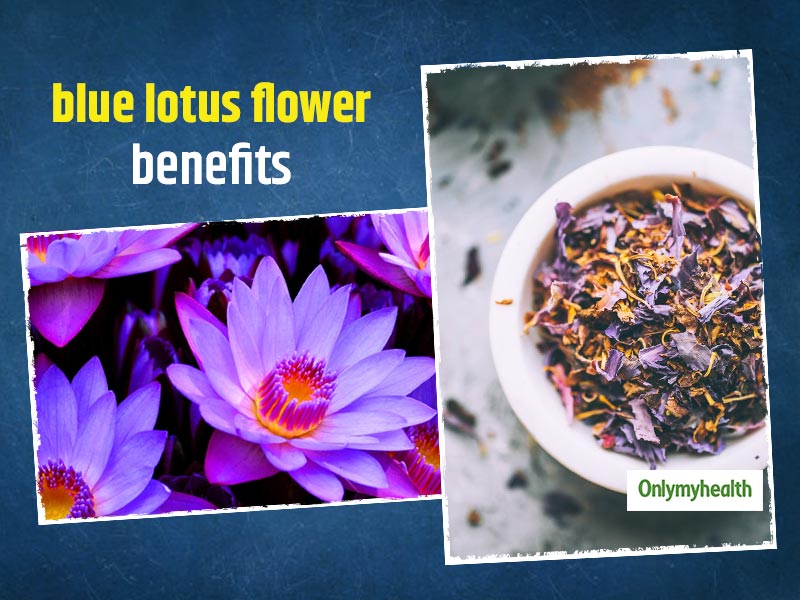
Blue lotus flower effects: The Blue Lotus Flower (Nymphaea caerulea) is a psychoactive plant known as the blue Egyptian lotus, the blue water lily, and the sacred blue lily. It has been used in conventional medicine for thousands of years. However, several individuals wonder if it's legal and safe to use because of its psychoactive properties. The Blue Lotus has cultural significance, and on ancient papyri and the walls of tombs, depictions of the flower have been found. It was once used as a standard medicine in Egypt to treat many illnesses and disorders such as anxiety and insomnia, historians believe. It is known as an entheogenic drug, which is a mind-altering substance thought to spiritually or religiously change one's consciousness. Instead of "hallucinogenic" or "psychedelic", this term is widely used.
Table of Content:-

Medicinal Benefits of Future Health
- Among the numerous reports about the health benefits of the blue lotus flower, there is only minimal research on the plant. Historically, recreationally and medically, it has been used, with most supporters believing that it can boost sleep, alleviate anxiety, help with erectile dysfunction, and serve as a natural aphrodisiac.
- While these arguments are not backed by direct study, many believe that these effects come from the two compounds in the flower, apomorphine, and nuciferine, widely known to encourage calmness and help regulate muscles. Also, antioxidants such as flavonoids, quercetin, kaempferol, and myricetin are present in the blue lotus flower.
- By combating free radicals, antioxidants foster good health, which can otherwise kill the cells of your body. The lower risk of chronic conditions such as heart disease, diabetes, obesity, and some forms of cancer is associated with a diet rich in antioxidants.
Also Read: Salt Therapy For Asthma: This Therapy Cleanses Your Lungs To Ease Asthma
- Yet no study explicitly ties this flower to a reduced risk of chronic disease, considering its antioxidant material and no reviews have verified if there is an optimal way to eat it to reap the most advantages.
Dt. Shikha Mahajan shares some risks of the blue lotus flower
- Even though you can buy a blue lotus flower online and, in some shops, due to its psychoactive effects, there is significant controversy as to whether it should be a legal drug. The flower is labelled as toxic by the Food and Drug Administration (FDA), but it is not regulated as a controlled substance. This ensures that blue lotus teas, incense, and oils can be legally obtained. In most countries, except Poland, Russia, and Latvia, it's legal.
Also Read: Quick Tips To Take Care of Diabetic Wounds

- While the flower's advocates allude to its medicinal benefits, these arguments are backed up by only limited research. Furthermore, there is no safety data and no widely accepted dose for the drug. Hence, if you're considering trying a blue lotus flower, it's essential to talk to your healthcare provider.
CONCLUSION: Finally, it may not be appropriate for anyone because of its psychoactive effects and should not be combined with other drugs, such as cannabis or alcohol. Do not drive or perform other operations while the flower is eaten. While legal, the drug can elicit psychoactive effects in most countries and should only be used after talking to your healthcare provider.
Read more articles on Ayurveda
Also watch this video
How we keep this article up to date:
We work with experts and keep a close eye on the latest in health and wellness. Whenever there is a new research or helpful information, we update our articles with accurate and useful advice.
Current Version